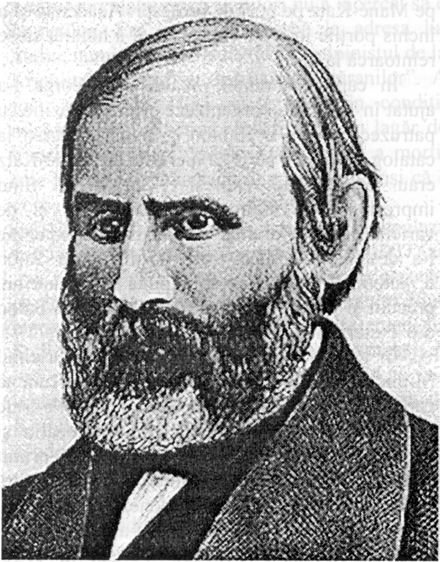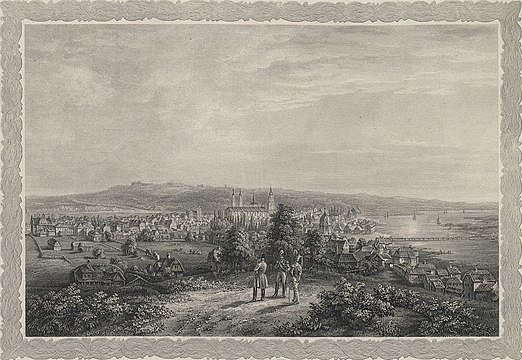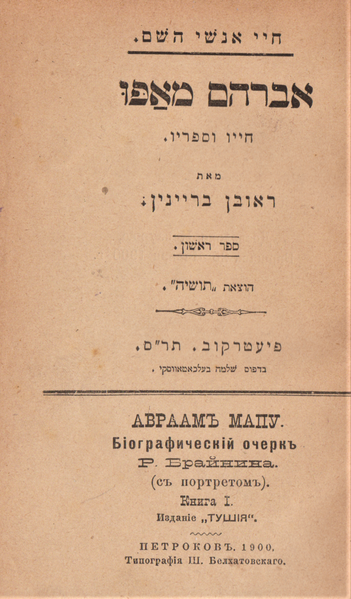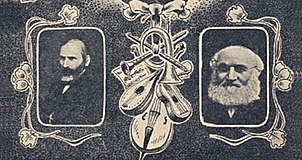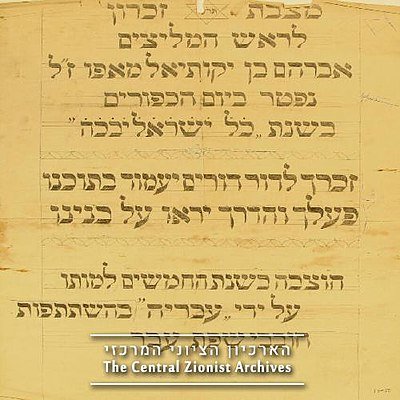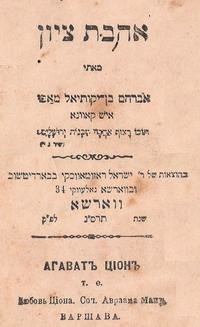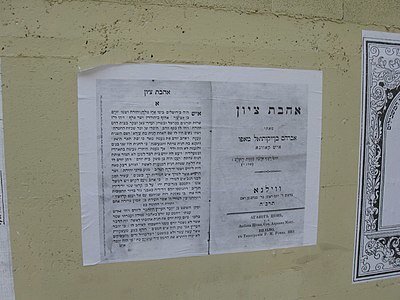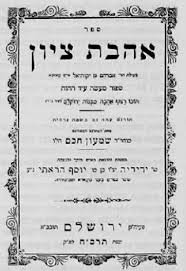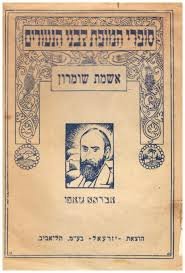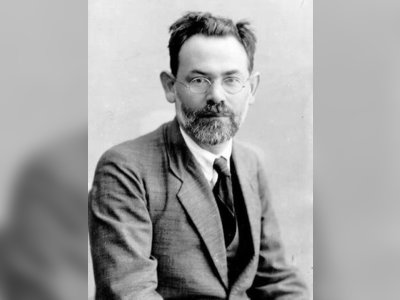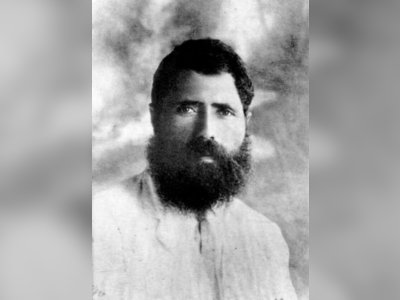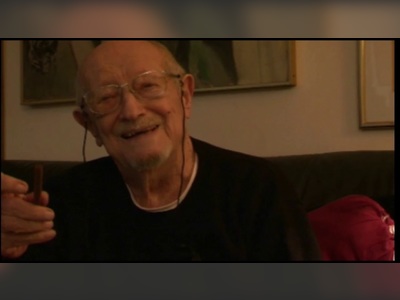מורשת גדולי האומה
בזכותם קיים
beta
Abraham Mapu: Shaping the Jewish Literary Renaissance
In the heart of the 19th century, a literary luminary emerged within the Jewish world, leaving an indelible mark on the cultural landscape. Join us as we delve into the biography, heritage, legacy, and enduring contributions of Abraham Mapu (אברהם מאפו), a pioneer of the Jewish literary renaissance.
Abraham Mapu was born in 1808 in Keidan, Lithuania, a region steeped in Jewish tradition and heritage. His formative years were a tapestry of Jewish folklore, religious studies, and a deep appreciation for the Hebrew language.
Growing up in a traditional Jewish family, Mapu's early education instilled in him a profound love for the Hebrew Bible and Jewish history.
Abraham Mapu's most enduring contribution to Jewish literature was his groundbreaking novel, "Ahabat Tziyon" (אהבת ציון), published in 1853. It marked the birth of modern Hebrew literature and the Hebrew novel.
The novel celebrated the beauty of the Land of Israel and ignited a sense of national awakening among Jewish readers, bridging the gap between traditional Jewish values and the emerging Zionist ideals.
Mapu's literary brilliance not only inspired future Hebrew writers but also played a pivotal role in the broader Jewish renaissance of the 19th century. His work awakened a sense of Jewish national identity and pride.
His novels were celebrated for their eloquence, vivid characters, and their exploration of the dilemmas facing Jews in the modern world.
While Abraham Mapu's literary legacy soared, his personal life was marked by struggles, including financial hardship and illness. Yet, he remained dedicated to his craft and to the rejuvenation of Hebrew culture.
Even as his own health declined, Mapu's work continued to inspire generations of Jewish writers and thinkers.
Abraham Mapu's influence continues to resonate through the ages. His novels remain a cornerstone of Hebrew literature, and his dedication to the revival of the Hebrew language and Jewish culture laid the foundation for future generations.
Mapu's enduring legacy reminds us of the transformative power of literature in shaping not only a culture but an entire people's identity and destiny.
Growing up in a traditional Jewish family, Mapu's early education instilled in him a profound love for the Hebrew Bible and Jewish history.
Abraham Mapu's most enduring contribution to Jewish literature was his groundbreaking novel, "Ahabat Tziyon" (אהבת ציון), published in 1853. It marked the birth of modern Hebrew literature and the Hebrew novel.
The novel celebrated the beauty of the Land of Israel and ignited a sense of national awakening among Jewish readers, bridging the gap between traditional Jewish values and the emerging Zionist ideals.
Mapu's literary brilliance not only inspired future Hebrew writers but also played a pivotal role in the broader Jewish renaissance of the 19th century. His work awakened a sense of Jewish national identity and pride.
His novels were celebrated for their eloquence, vivid characters, and their exploration of the dilemmas facing Jews in the modern world.
While Abraham Mapu's literary legacy soared, his personal life was marked by struggles, including financial hardship and illness. Yet, he remained dedicated to his craft and to the rejuvenation of Hebrew culture.
Even as his own health declined, Mapu's work continued to inspire generations of Jewish writers and thinkers.
Abraham Mapu's influence continues to resonate through the ages. His novels remain a cornerstone of Hebrew literature, and his dedication to the revival of the Hebrew language and Jewish culture laid the foundation for future generations.
Mapu's enduring legacy reminds us of the transformative power of literature in shaping not only a culture but an entire people's identity and destiny.
- אברהם מאפוhe.wikipedia.org
